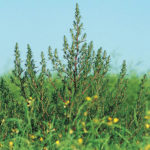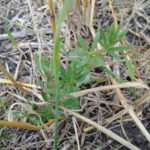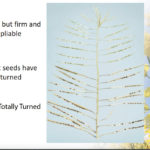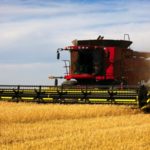
Tag Archives Herbicides
Seeding nearly complete at 90 per cent, Northwest areas slowed by wet conditions
Manitoba Crop Report and Crop Weather report for May 29, 2017

Dicamba drift a new danger for potato growers
Glyphosate has always been an issue, but new Xtend soybeans will likely see more dicamba applied

Herbicide resistance quietly growing problem in Manitoba
Multi-pronged weed control strategies that go beyond chemicals are urged by researchers

Fall is a great time to control perennial weeds
Winter annuals are also ripe for cleanup at this time of year

A ‘clean’ harvest key to smooth trade
Take precautions against pesticide residues and naturally occurring toxins in grain

Consider straight combining canola to better manage harvest
Canola Council of Canada says it’s a good strategy if you have more acres than can be swathed at the ideal time

German agriculture under the microscope
International Agriculture: Farmers are pursuing sustainability against a backdrop of increasing public scrutiny

Keep an eye on the customer while on the combine
Incredibly low tolerance levels and better testing make pesticide label adherence more important than ever
Staging critical for pre-harvest glyphosate
The crop must be mature before applying the non-selective herbicide

Monsanto aims to give farmers better information in weed resistance fight
The company is countering its competitors who tout their herbicides as tools in the fight to avoid herbicide-tolerant weeds


